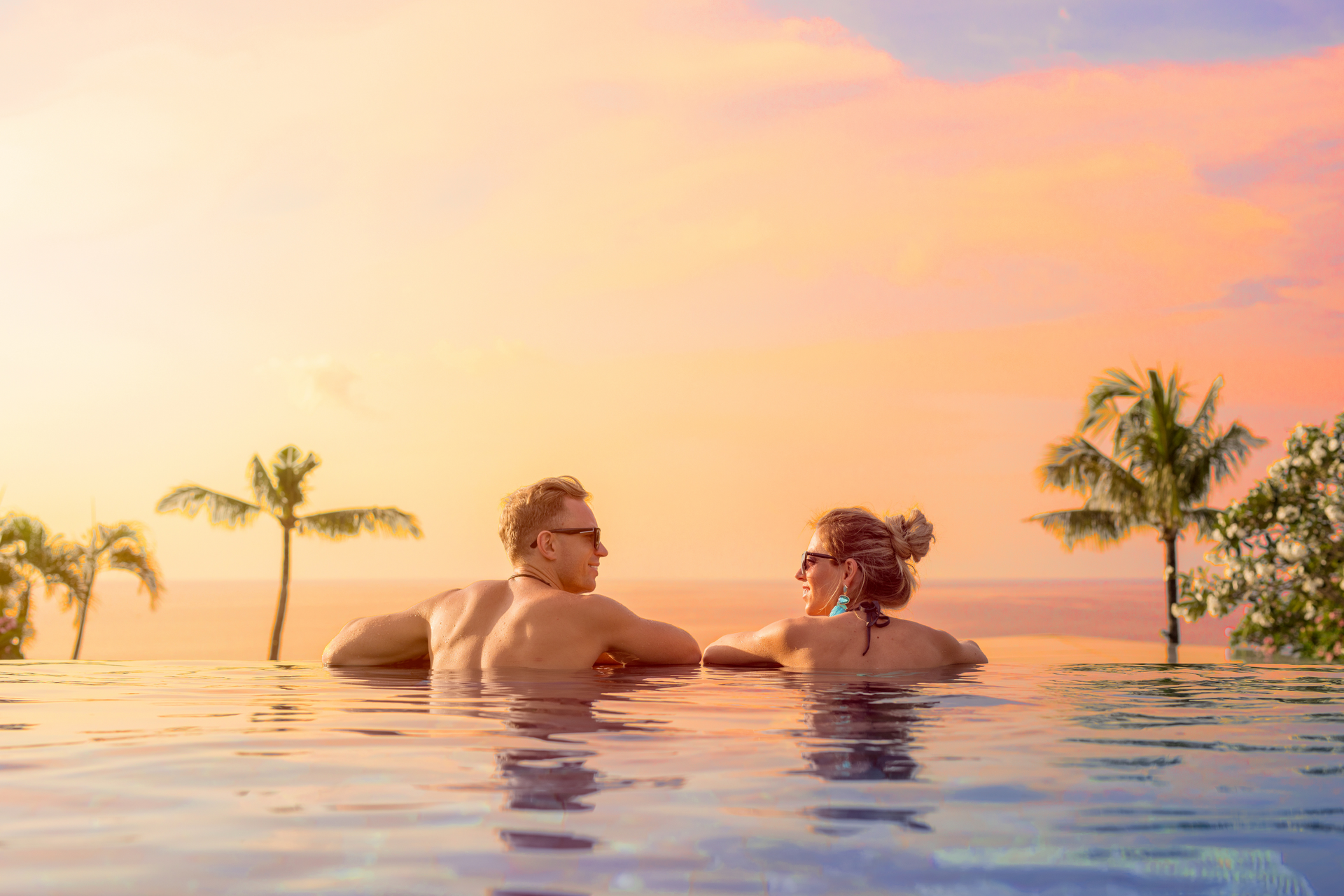
Mauritius is an ideal destination for a tailor-made holiday, offering a mix of luxury, natural beauty, and cultural charm. With its white-sand beaches, clear lagoons, and high-end resorts, the island is perfect for those looking for a more personalised holiday. Whether it’s a private beachfront villa, a round of golf on a championship course, or a guided nature experience, there are plenty of ways to make a trip unique. Beyond the beaches, Mauritius has a rich cultural heritage, excellent food, and a welcoming atmosphere. From catamaran cruises to exploring local markets, every itinerary can be designed to suit individual tastes. It’s not just a beach getaway—it’s an island that combines relaxation with genuine character and style.
At Your Endless Travel
we know Mauritius like few other travel agencies.
We’ve been selling holidays to the island for almost 20 years, and many of our team have been lucky enough to visit – some on multiple occasions over the years. We know the best places to visit, we know the hoteliers, and we know our suppliers.
You can feel confident that your Mauritius holiday is in good hands!
Luxury Mauritius Holidays
Top Destinations in
Mauritius
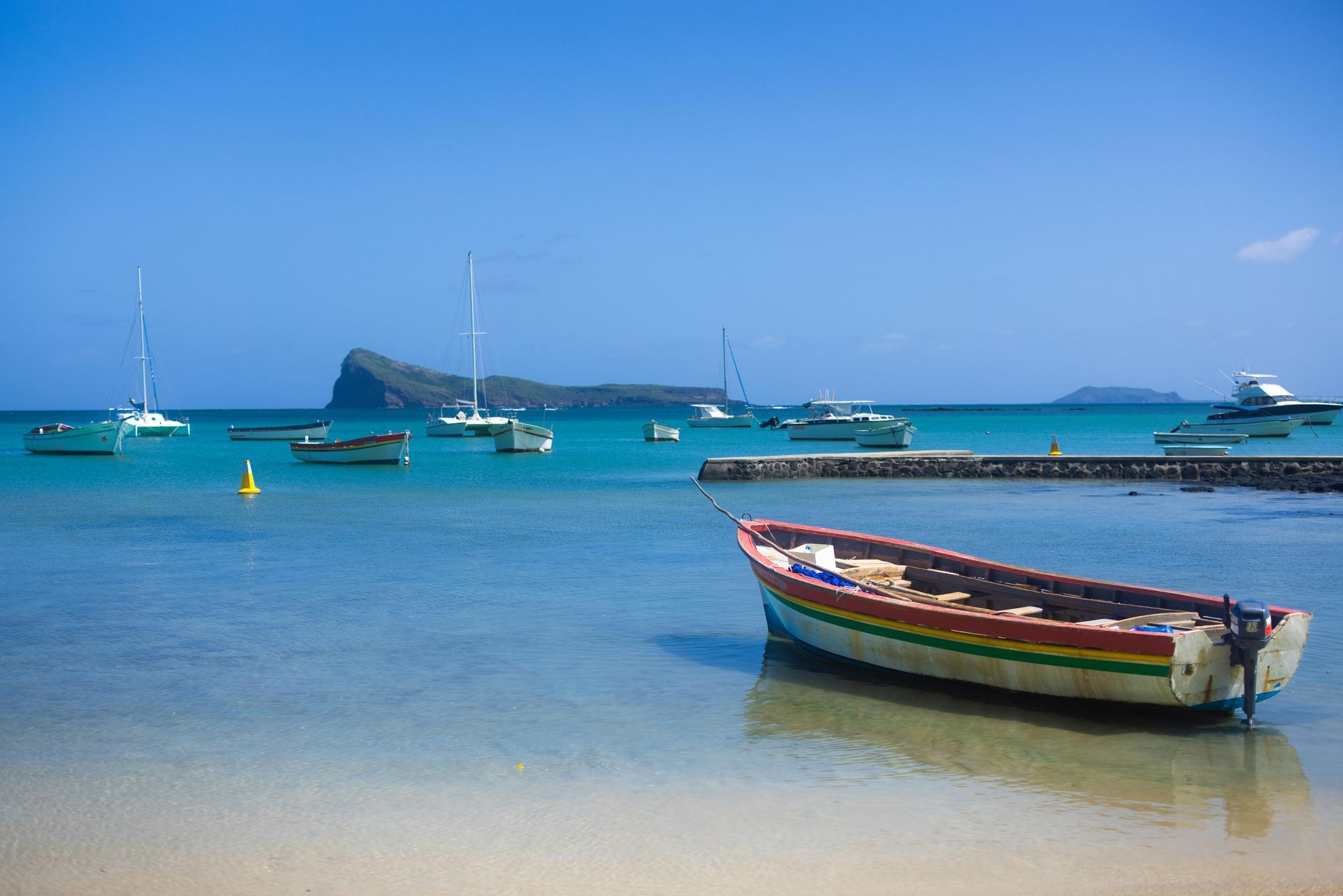
Grand Baie
The island’s most vibrant resort town, known for its luxury hotels, fine dining, and upscale shopping. A great base for boat trips and watersports.
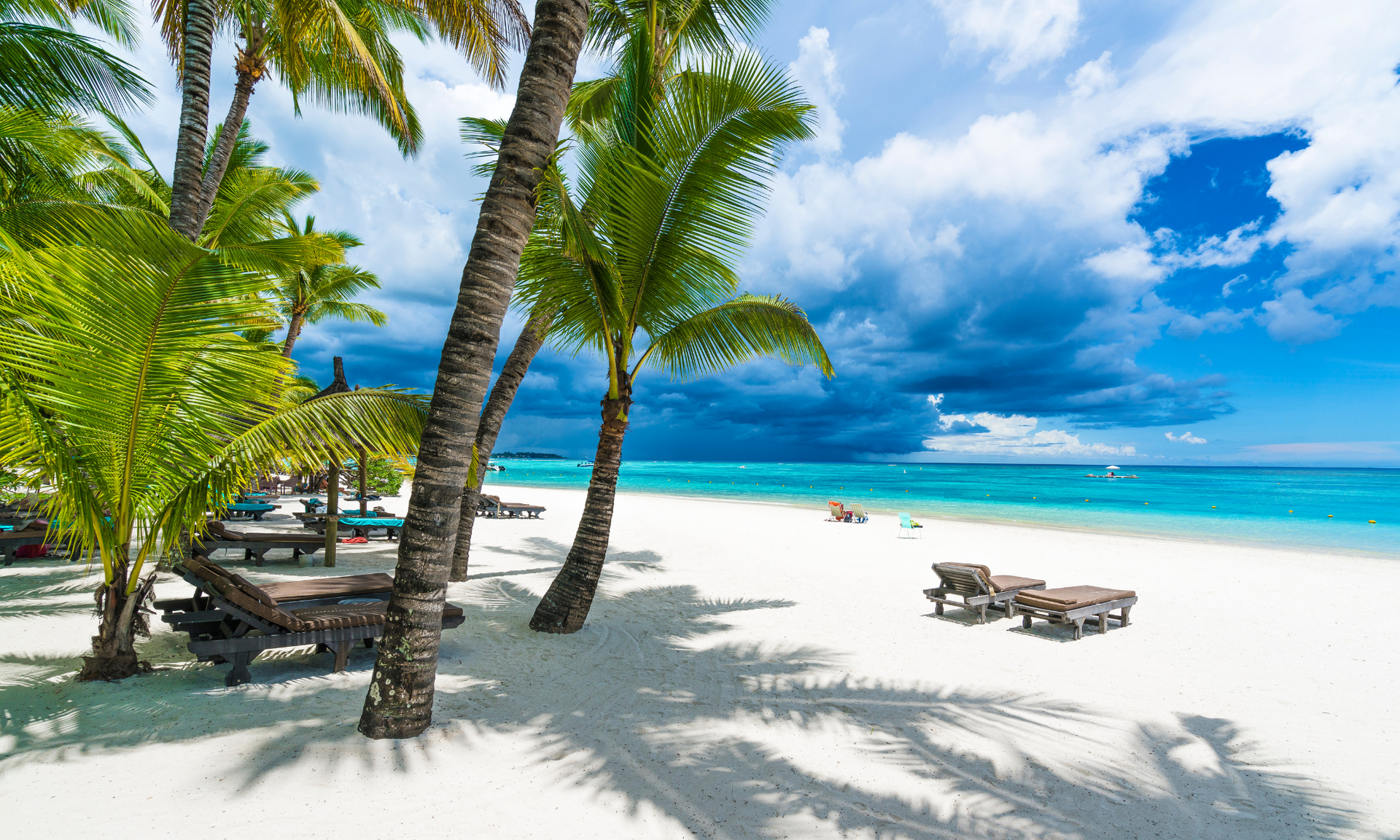
Belle Mare
Home to some of Mauritius’ finest beaches and high-end resorts, this area is ideal for a tranquil, luxury escape. The nearby golf courses are among the best on the island.
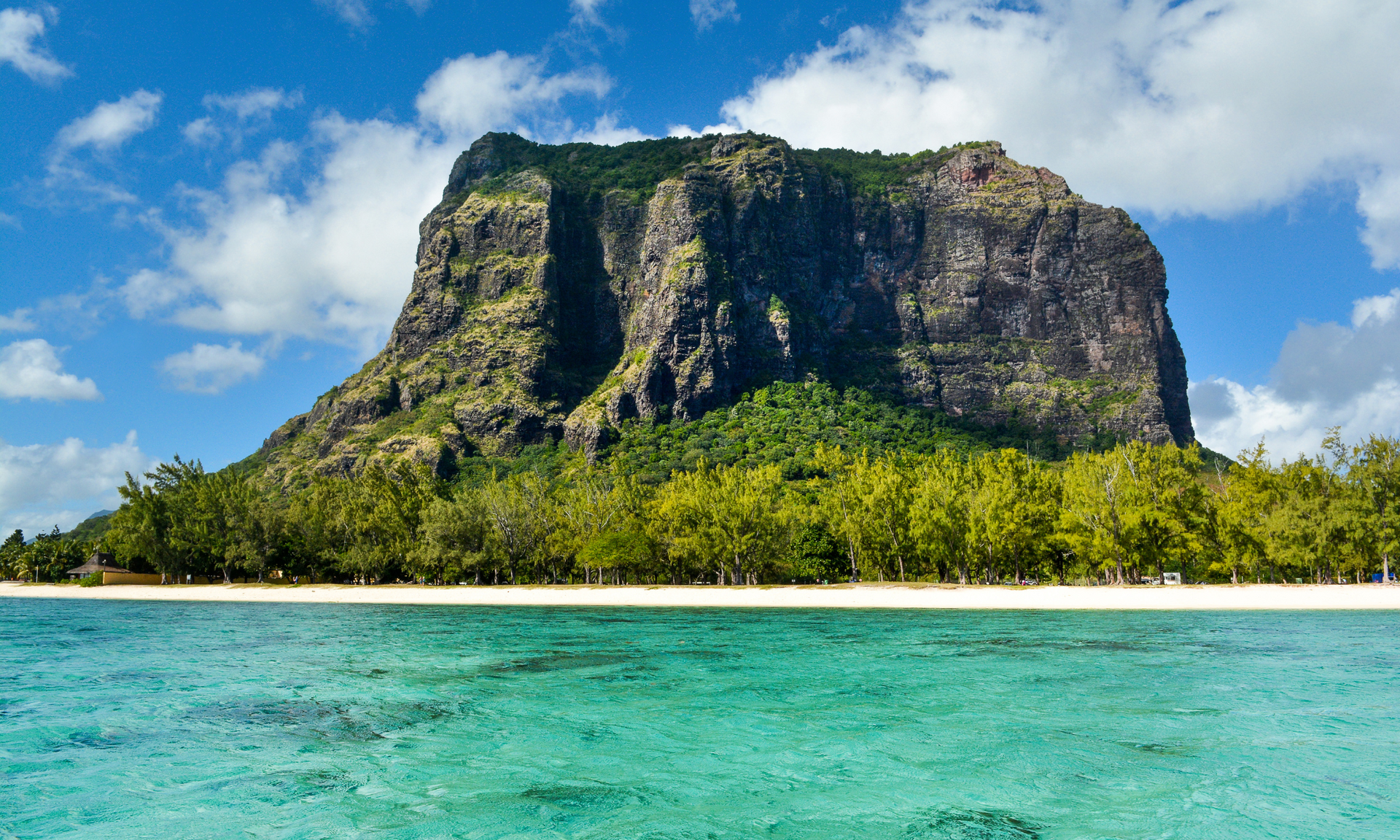
Le Morne
A stunning peninsula with dramatic mountain scenery, luxury resorts, and excellent kitesurfing. A great choice for those who appreciate both relaxation and adventure.
Flic en Flac
A long stretch of white sandy beach with luxury hotels and a more laid-back atmosphere. Perfect for sunset views and easy access to diving and snorkelling spots.
Chamarel & The South-West
A more rugged and scenic region, known for the Chamarel Seven Coloured Earth, waterfalls, and lush landscapes. A great place for exploring nature with a touch of exclusivity.
Trou aux Biches
A picturesque beach destination with calm waters, luxury villas, and excellent snorkelling opportunities. A quieter alternative to Grand Baie.
Black River & Tamarin
Ideal for those looking for a mix of upmarket accommodation, nature, and adventure. This area is known for dolphin-watching, hiking in Black River Gorges, and boutique stays.
Île aux Cerfs
A private island paradise with some of the best beaches in Mauritius, luxury beach clubs, and a world-class golf course. Perfect for a day trip or a high-end retreat.
Grand Baie
The island’s most vibrant resort town, known for its luxury hotels, fine dining, and upscale shopping. A great base for boat trips and watersports.
Belle Mare
Home to some of Mauritius’ finest beaches and high-end resorts, this area is ideal for a tranquil, luxury escape. The nearby golf courses are among the best on the island.
New Paragraph
Our Latest Mauritius Offers
Unique Experiences in Mauritius
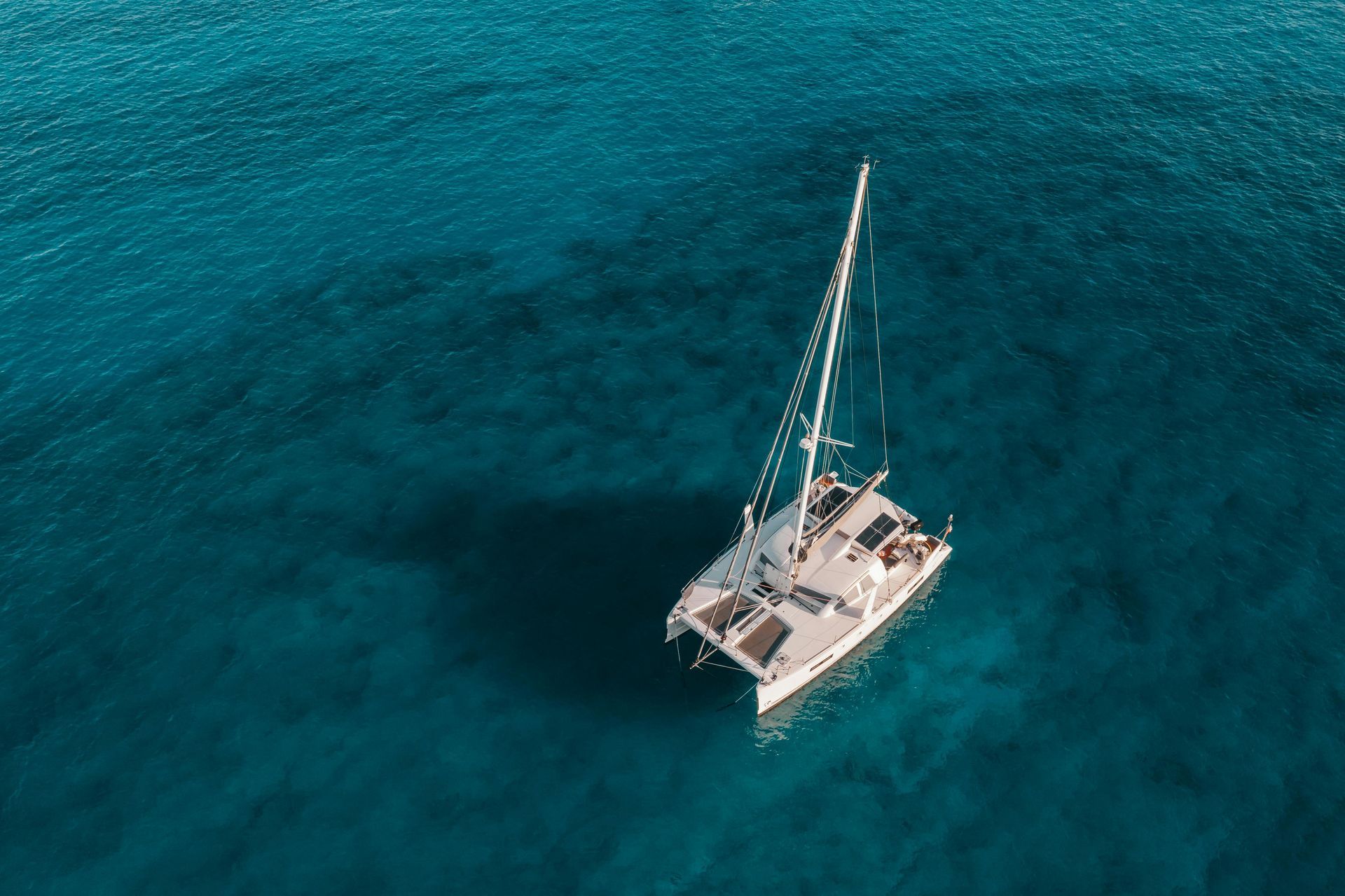
Catamaran Cruises
Sail along the stunning coastline or to nearby islands, enjoying crystal-clear waters, snorkelling, and a gourmet onboard lunch.
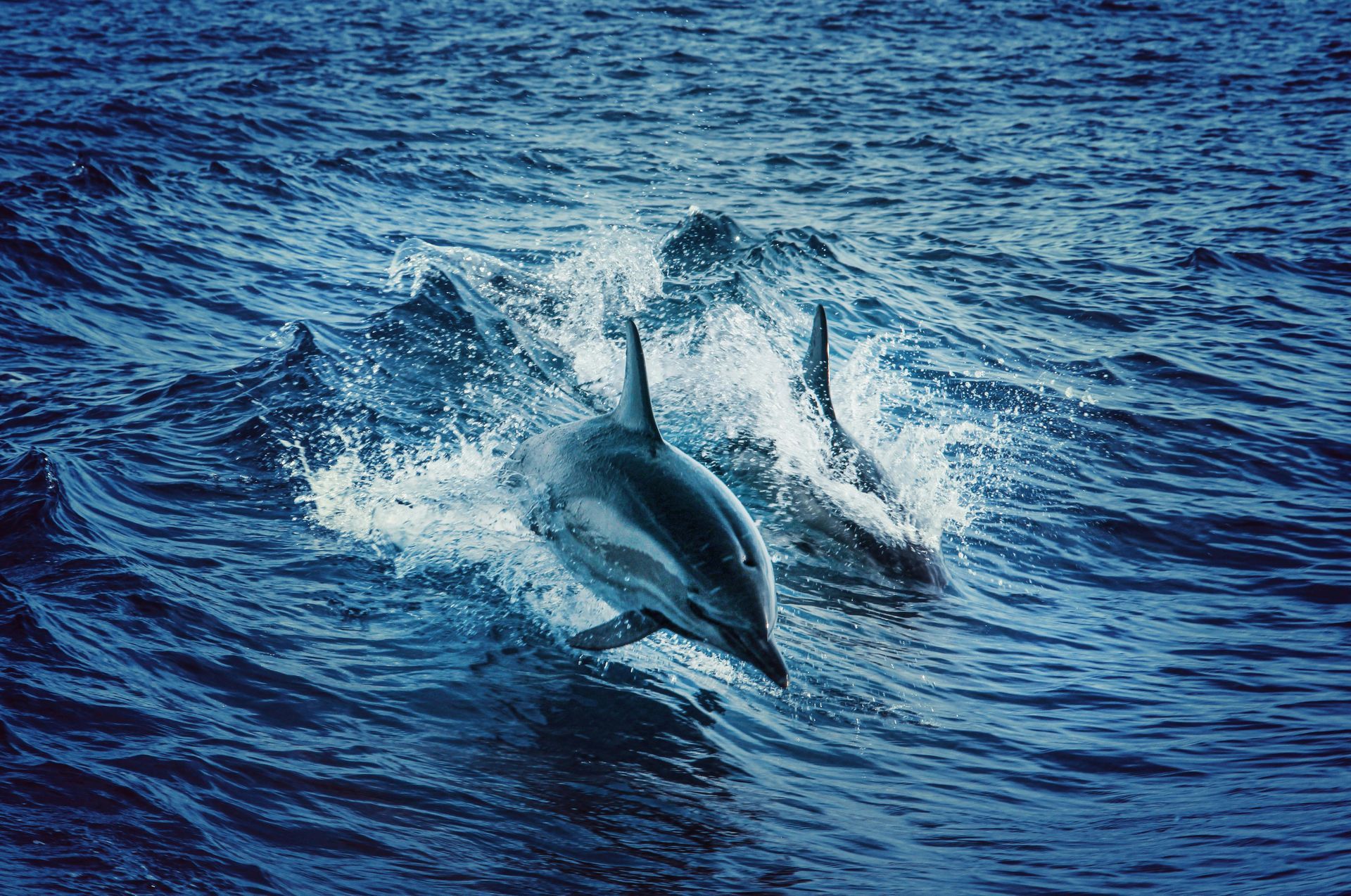
Dolphin and Whale Watching
Experience close encounters with these majestic marine creatures in their natural habitat.

Climb Le Morne Brabant
A rewarding trek to the summit of this UNESCO-listed mountain offers breathtaking panoramic views. Our guides will give you a fascinating insight into the history of the mountain.
Golfing on Championship Courses
Play on world-class courses with incredible ocean and mountain backdrops.
Exploring the Seven Coloured Earths of Chamarel
A unique geological wonder set amidst lush greenery.
Rum Tasting at Local Distilleries
Discover Mauritius’ rich history of rum-making and enjoy premium tastings.
Snorkelling & Diving
Experience Mauritius' stunning underwater environment with world-class diving and snorkelling
Catamaran Cruises
Sail along the stunning coastline or to nearby islands, enjoying crystal-clear waters, snorkelling, and a gourmet onboard lunch.
Dolphin and Whale Watching
Experience close encounters with these majestic marine creatures in their natural habitat.
Our Mauritius Specialists' Top Tips



Luke Skinner

Suzy
Book A Call With One Of Our Mauritius Travel Specialists
When to Travel to Mauritius: A Month-by-Month Guide
Mauritius, a tropical paradise in the Indian Ocean, offers a unique experience every month of the year. Whether you're seeking sun-soaked beaches, vibrant festivals, or thrilling activities, this guide will help you plan the perfect holiday.
No matter when you choose to visit Mauritius, this enchanting island promises an unforgettable holiday experience. From its stunning beaches to its rich cultural heritage, there’s always something special to discover. Book your trip today and start your adventure in paradise!
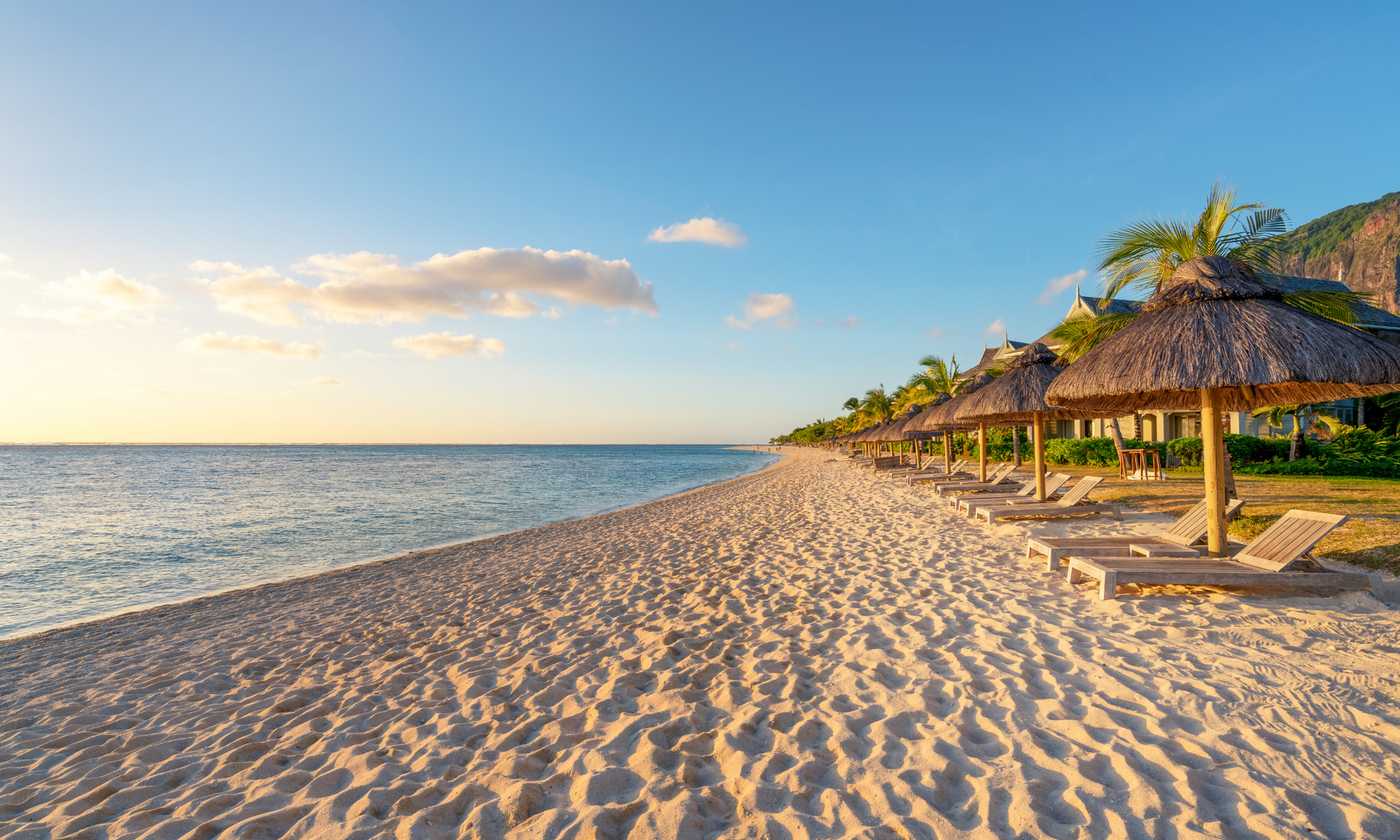
January
Reasons to Visit: January is ideal for beach lovers and water sports enthusiasts. The warm sea temperatures are perfect for swimming, snorkelling, and diving.
Reasons Not to Visit: It’s the peak of the cyclone season, so there’s a higher chance of heavy rainfall and storms.
Festivals and Activities: Celebrate the Chinese Spring Festival with dragon dances and fireworks in Port Louis.
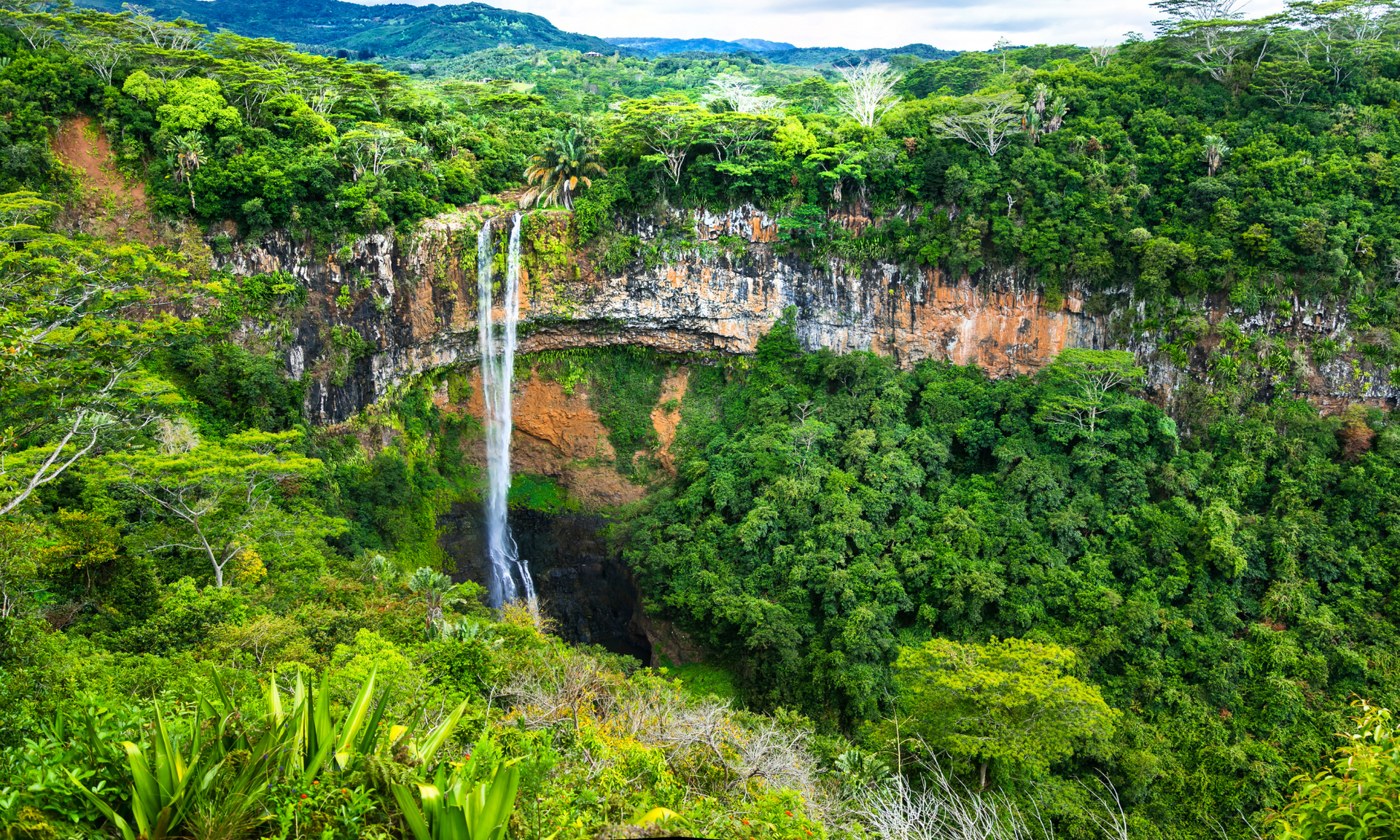
February
Reasons to Visit: The lush landscapes are at their greenest, making it a great time for nature walks and exploring the island’s interior.
Reasons Not to Visit: Cyclone season continues, with potential for heavy rains.
Festivals and Activities: Experience Thaipoosam Cavadee, a Tamil festival featuring colourful processions and body piercings as acts of devotion.
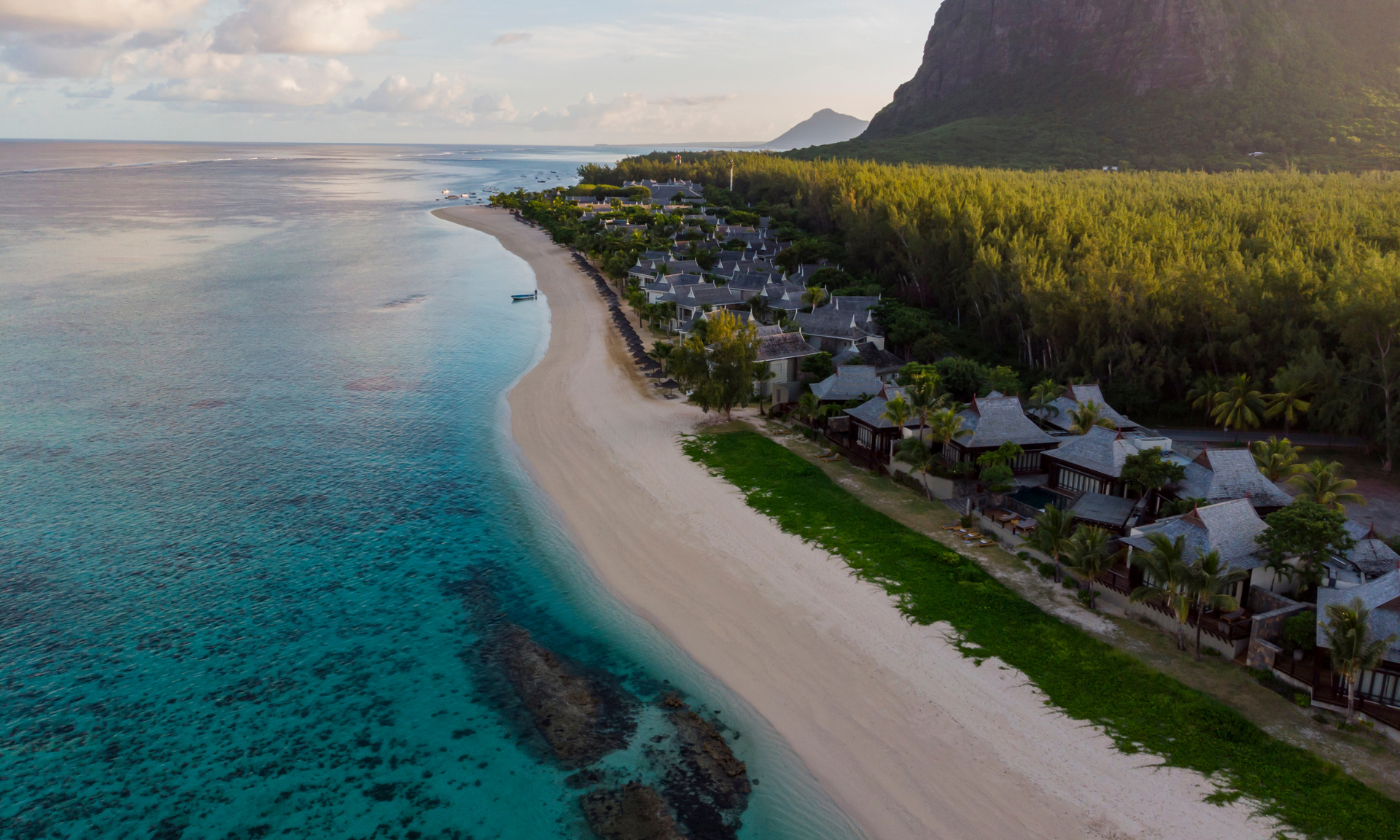
March
Reasons to Visit: The weather starts to improve, with fewer cyclones and more sunny days.
Reasons Not to Visit: Humidity levels can still be high, making it feel quite hot.
Festivals and Activities: Maha Shivaratri, the largest Hindu pilgrimage outside India, sees thousands of devotees walking to Grand Bassin.
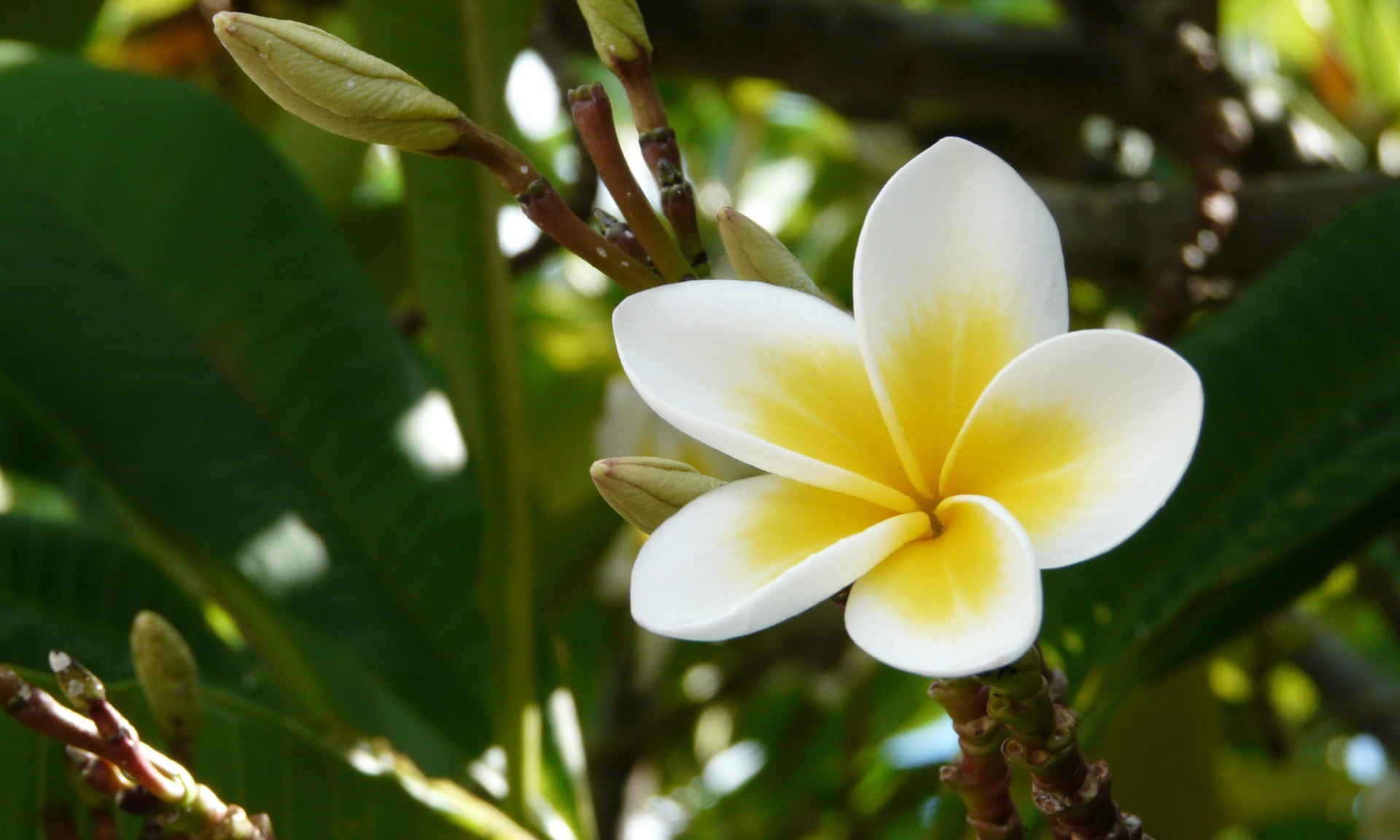
April
Reasons to Visit: April marks the end of the cyclone season, with pleasant weather and blooming flowers.
Reasons Not to Visit: Occasional showers can still occur.
Festivals and Activities: The island celebrates Easter with various events and activities, especially in the Christian communities.
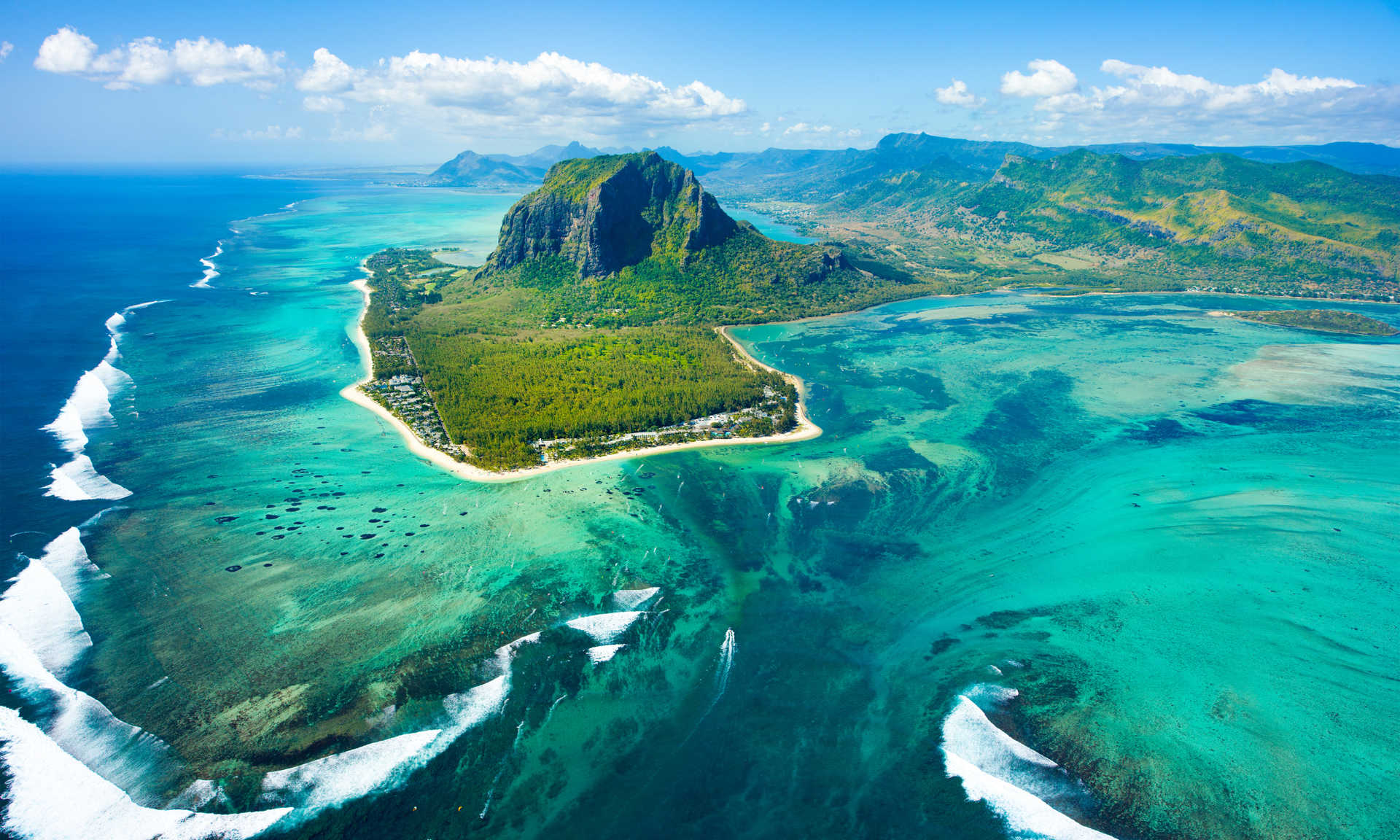
May
Reasons to Visit: Cooler, drier weather makes it perfect for outdoor activities like hiking and exploring the national parks.
Reasons Not to Visit: None, as May is one of the best months to visit.
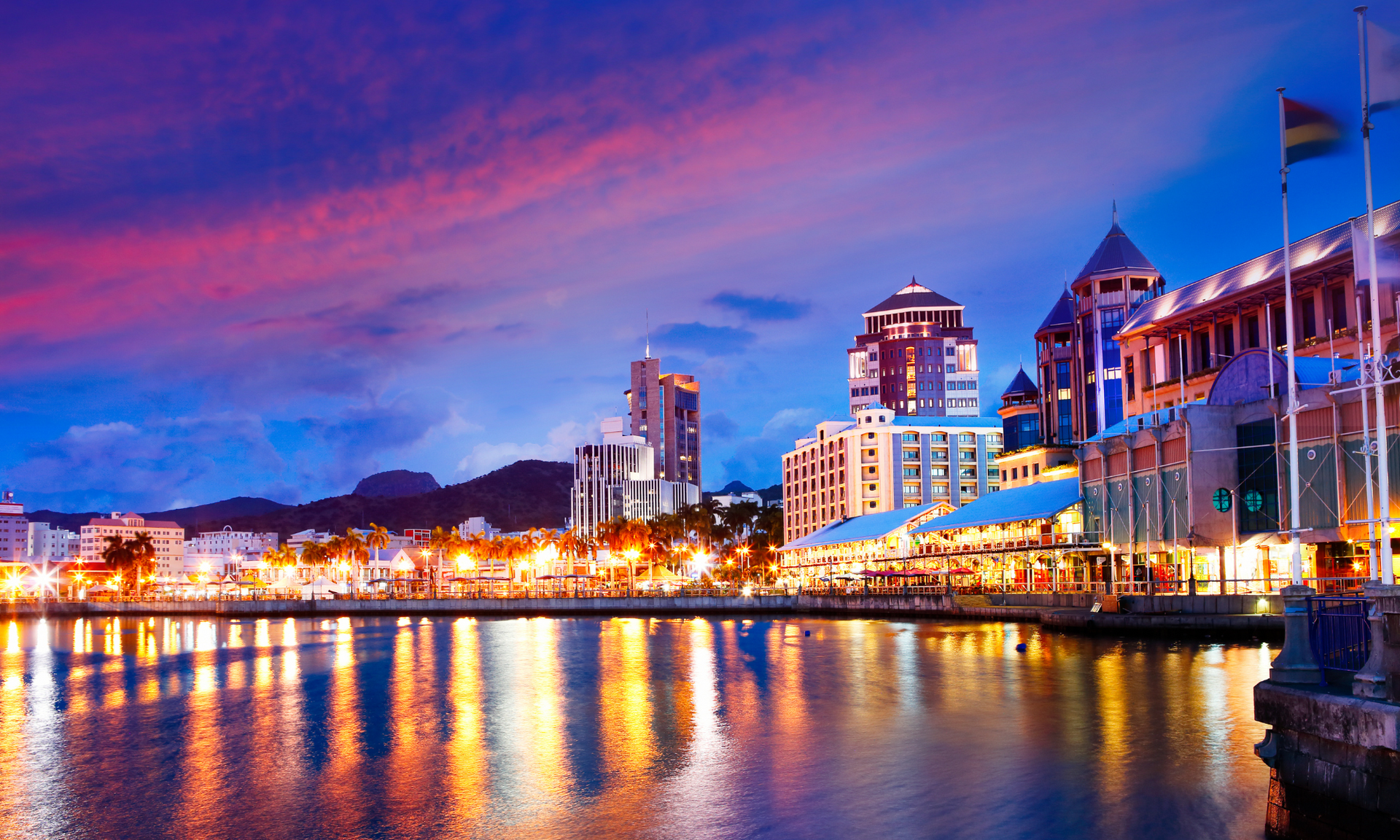
June
Reasons to Visit: The start of the winter season brings mild temperatures and low humidity, ideal for sightseeing.
Reasons Not to Visit: The sea can be cooler, which might not be ideal for swimming.
Festivals and Activities: The island’s winter season is perfect for surfing, especially on the west coast.

July
Reasons to Visit: July offers cool, dry weather, making it great for exploring the island’s cultural and historical sites.
Reasons Not to Visit: The cooler sea temperatures might not appeal to all beachgoers.
Festivals and Activities: The Mauritius International Kite Festival is a colourful event attracting participants from around the world.
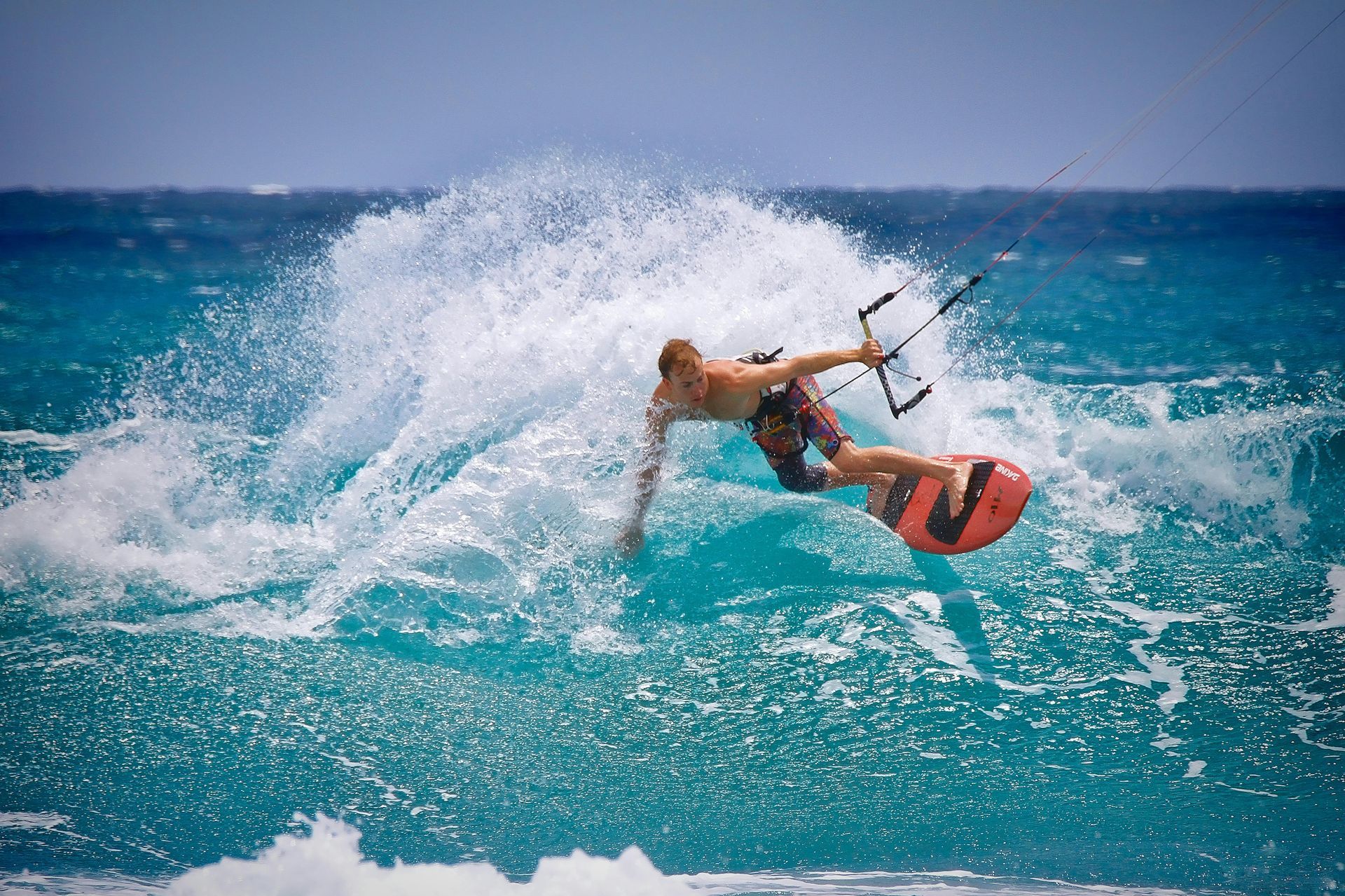
August
Reasons to Visit: August continues with cool, pleasant weather, perfect for outdoor adventures.
Reasons Not to Visit: The island can be windy, especially in the south and east.
Festivals and Activities: Ganesh Chaturthi, a Hindu festival, features vibrant processions and the immersion of Ganesh idols in water.
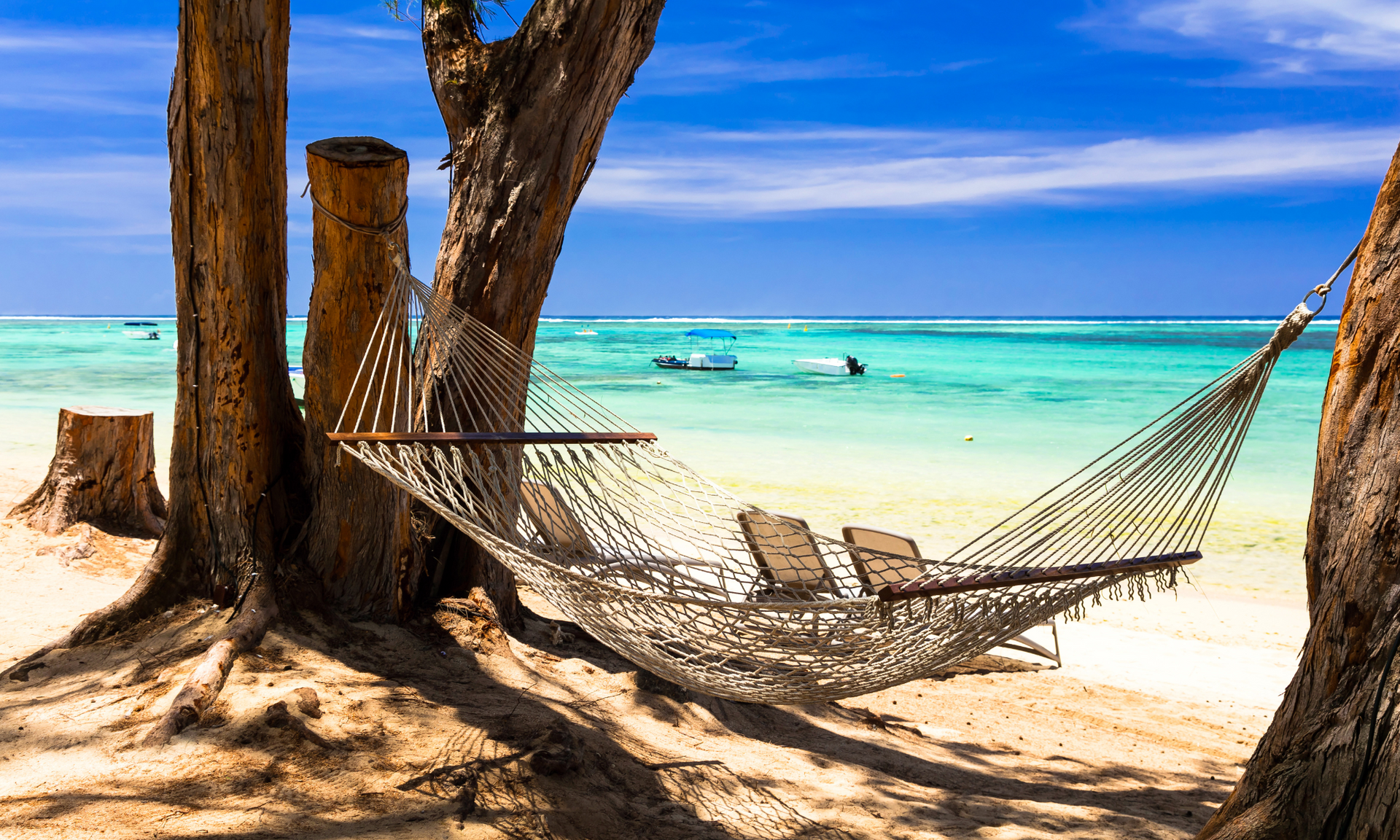
September
Reasons to Visit: The weather starts to warm up, making it a great time for beach activities and water sports.
Reasons Not to Visit: None, as September is a fantastic month to visit.
Festivals and Activities: The island celebrates the Kreol Festival, showcasing Creole culture through music, dance, and food
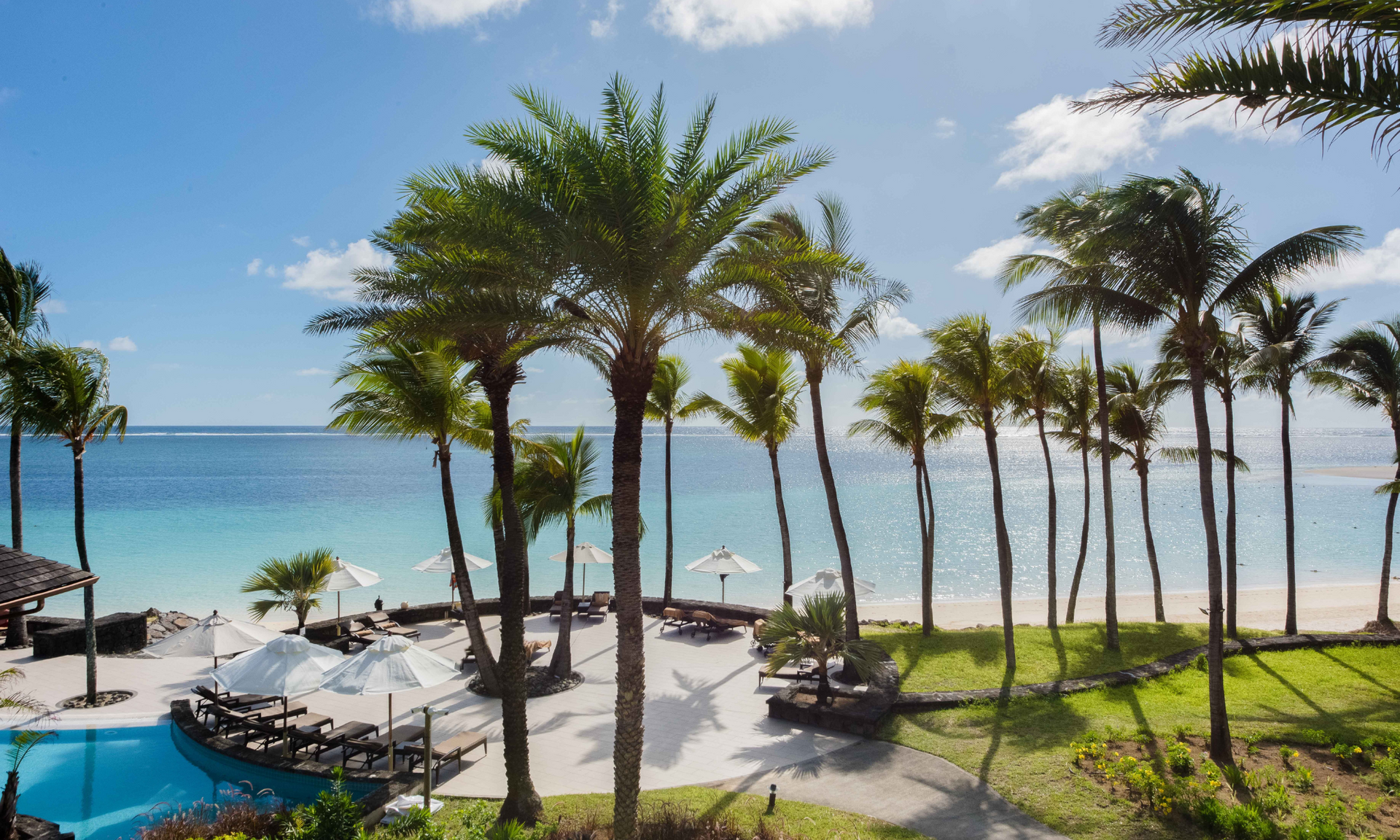
October
Reasons to Visit: October offers warm, dry weather, ideal for beach holidays and exploring the island.
Reasons Not to Visit: None, as it’s one of the best times to visit Mauritius.
Festivals and Activities: Diwali, the Festival of Lights, illuminates the island with beautiful decorations and fireworks.
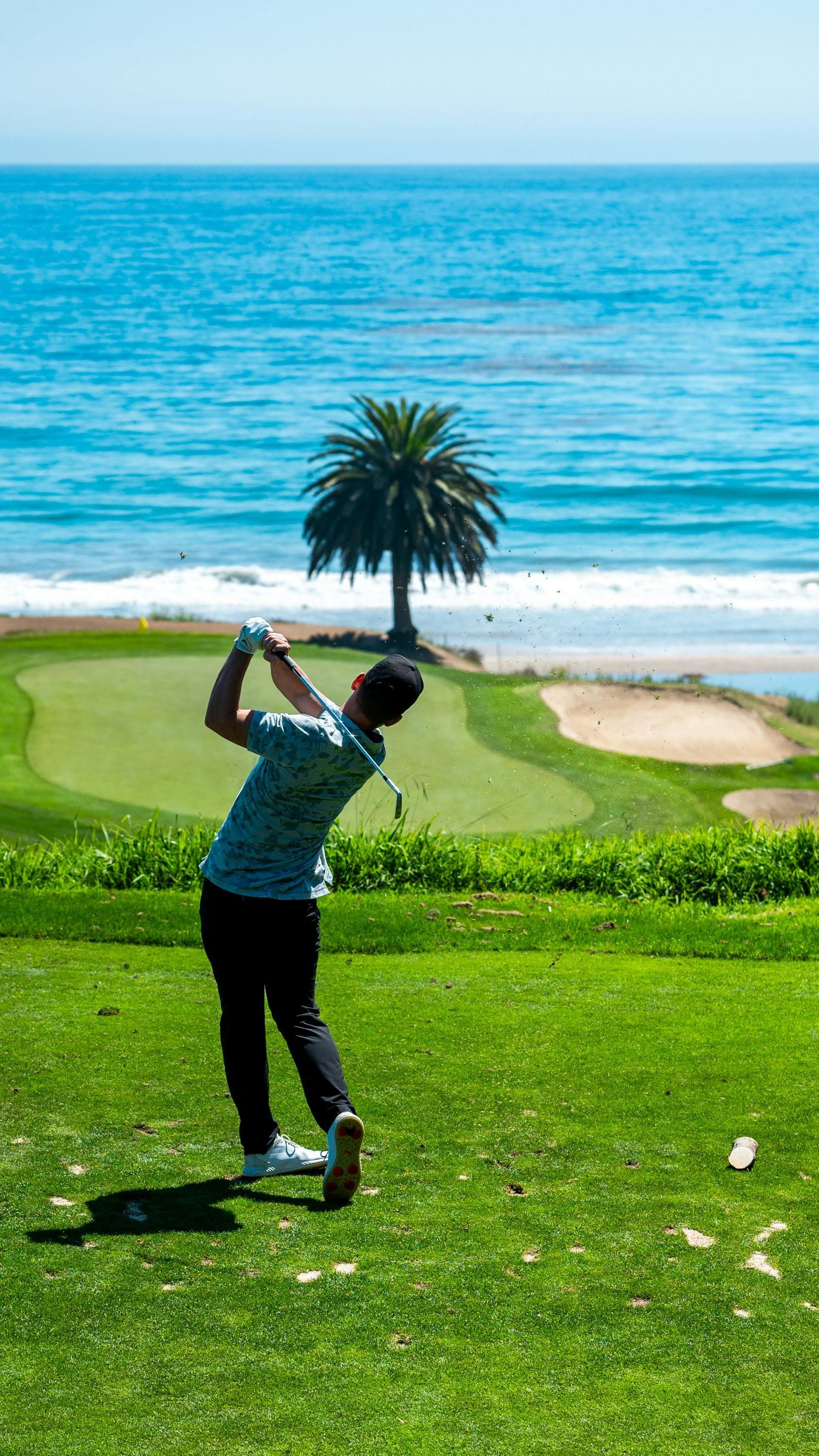
November
Reasons to Visit: November continues with excellent weather, perfect for all types of outdoor activities.
Reasons Not to Visit: None, as it’s a prime time to visit.
Festivals and Activities: The island hosts the International Kreol Festival, celebrating Creole heritage with various cultural event.

December
Reasons to Visit: December is warm and festive, with plenty of holiday activities and celebrations.
Reasons Not to Visit: It’s the start of the cyclone season, so there’s a slight risk of storms. Christmas and New Year bring peak prices (though you can save significantly by travelling over Christmas and returning before the peak New Year dates).
Festivals and Activities: Christmas and New Year’s Eve are celebrated with beach parties, fireworks, and festive events across the island.
Visa
British citizens do not need a visa to visit Mauritius. Upon arrival, a border official will stamp your passport to indicate the end-date for your permitted stay. Here are some key points to keep in mind:
- Passport Validity: Your passport must be valid for the duration of your stay and have at least one blank page.
- Proof of Travel: You must be able to show proof of onward or return travel.
- Digital Travel Form: Complete the Mauritius All in One travel form online before you arrive and print out a copy with a QR code to show to officials at the airport
Currency
The official currency of Mauritius is the Mauritian Rupee (MUR), symbolised as Rs.
- Coins and Banknotes: Coins are available in denominations of 5 cents, 20 cents, 50 cents, 1 rupee, 5 rupees, 10 rupees, and 20 rupees. Banknotes come in denominations of 25, 50, 100, 200, 500, 1,000, and 2,000 rupees.
- Currency Exchange: You can exchange your money at the airport, banks, and currency exchange bureaus. Banks generally offer competitive rates and are located in major towns like Port Louis, Curepipe, and Grand Baie1.
- Using Credit and Debit Cards: Credit and debit cards, particularly Visa, Mastercard, and American Express, are widely accepted in hotels, restaurants, and larger shops. However, it's advisable to carry some cash for smaller purchases and tips.
- ATMs: ATMs are readily available across the island, allowing you to withdraw Mauritian Rupees using your debit or credit card.
Language
Mauritius is a multilingual country with a rich linguistic heritage.
Here are the key languages spoken:
- Mauritian Creole: The lingua franca and most widely spoken language, used in daily communication among locals.
- English: One of the de facto official languages, used in government, education, and official documents.
- French: Also a de facto official language, widely used in the media, business, and as a second language by many Mauritians.
In addition to these, several other languages are spoken by various ethnic communities, including Bhojpuri, Tamil, Hindi, Urdu, Chinese, and Arabic. Most Mauritians are at least bilingual, often speaking both Creole and either English or French.
Practical Travel Information For Mauritius
Do I need a visa to visit Mauritius?
No, as a British Passport Holder you can visit Mauritius for tourism purposes for up to 60 days without a visa. Your passport must be valid for your entire stay and you may be required to show evidence of a return flight.
Is it safe to travel to Mauritius?
Yes, Mauritius is generally considered very safe for tourists. Here are some key points to keep in mind:
Low Crime Rate: Mauritius has a low crime rate, and violent crime against tourists is rare. The most common issues are petty theft and scams, so it's wise to keep an eye on your belongings and be cautious with your money.
Natural Disasters: The cyclone season runs from November to May, so it's important to stay informed about weather conditions during this period.
Transport Safety: Public transportation and taxis are generally safe, but it's advisable to agree on fares in advance to avoid overcharging.
Health Precautions: Make sure to follow standard health precautions, such as drinking bottled water and using insect repellent to avoid mosquito bites.
Overall, with a bit of common sense and awareness, you can enjoy a safe and memorable trip to Mauritius.
What currency is used in Mauritius?
The official currency of Mauritius is the Mauritian Rupee (MUR), symbolised as ₨ or Rs.
What is the best way to get around Mauritius?
Local public transport can be a fun way to experience Mauritius in an authentic way but is not that extensive. Taxis - either for a specific journey, or hired for the day - are reasonably-priced and you know your money will be going into the local economy.
Self-driving is a great way to explore the island for the more adventurous - Mauritius is a relatively easy place to drive.
Lastly, organised excursions can be a good way to make the most of your time and see things you are most interested in.
Can I use credit cards in Mauritius?
Credit cards are accepted in major hotels, restaurants, and some shops. However, it’s advisable to carry cash for smaller purchases and in more rural areas, where card payments might not be accepted.
What language is spoken in Mauritius?
The local language is Mauritius Creole - as always, it's worth trying to learn a few words!
French and English are the official languages and most people involved in the tourism industry will speak both to a high standard.
Are there any health precautions I should take?
When visiting Mauritius, it's important to take some health precautions to ensure a safe and enjoyable trip. Here are some key recommendations:
Vaccinations: Make sure you are up-to-date on routine vaccines such as measles-mumps-rubella (MMR), diphtheria-tetanus-pertussis, varicella (chickenpox), polio, and your yearly flu shot. Additionally, consider vaccines for Hepatitis A and B, and Typhoid, especially if you plan to visit rural areas or eat street food.
Food and Water Safety: Drink bottled or boiled water and avoid ice cubes in drinks. Eat food that is thoroughly cooked and served hot. Be cautious with raw fruits and vegetables unless you can peel them yourself.
Preventing Bug Bites: Use insect repellent containing DEET or picaridin, wear long sleeves and trousers, and sleep under a mosquito net if you're staying in an area with a high risk of mosquito-borne diseases.
Sun Protection: The tropical sun can be intense, so use a high-SPF sunscreen, wear a hat, and stay hydrated to avoid sunburn and heatstroke.
Swimming Safety: Be cautious of strong currents and jellyfish in the ocean. Also, avoid swimming in freshwater lakes and rivers to prevent infections like schistosomiasis.
Health Insurance: Ensure you have comprehensive travel health insurance that covers medical evacuation, as healthcare facilities may be limited in some areas.
By taking these precautions, you can help ensure a healthy and enjoyable visit to Mauritius. If you have any specific health concerns, it's always a good idea to consult with your healthcare provider before travelling.
What should I pack for a trip to Mauritius?
Pack lightweight, breathable clothing for the warm weather, along with a hat, sunglasses, and sunscreen. Don’t forget any medications and insect repellent - and your swimsuit!
What are the best times to go on safari in Tanzania?
The cooler, drier season, from May to December, is considered the best time to visit, although Mauritius is genuinely a year-round destination.
Can I drink the tap water in Mauritius?
Yes, the tap water in Mauritius is generally safe to drink - the water supply is treated and monitored to meet international standards.
If you prefer, bottled water is readily available, and inexpensive outside the resorts.
Do I need travel insurance for Mauritius?
Yes, it’s strongly recommended to have comprehensive travel insurance that covers medical emergencies, trip cancellations, lost baggage, and activities like safaris or trekking. Make sure your policy covers you for any adventure activities you plan to do.
What is the tipping etiquette in Mauritius?
Tipping is customary in Mauritius, especially in tourist areas. It’s common to tip guides, drivers, hotel staff, and restaurant workers. The general tip is around 10% of the bill at restaurants, but feel free to tip more for exceptional service.
How can I stay connected in Mauritius?
You can purchase a local SIM card for your phone upon arrival to access mobile data and make calls within Mauritius. Wi-Fi is available in most hotels and restaurants, but might be limited in remote areas.
Are there any cultural customs I should be aware of?
Mauritian people are friendly and respectful, and visitors should reciprocate the same courtesy. It’s important to dress modestly, particularly when visiting rural areas or religious sites. Be mindful of local customs and always ask permission before taking photos of people.
What is the voltage and plug type in Mauritius?
The voltage in Mauritius is 230V, and two plug types are used - Type G (the same as in the UK) and Type C like on the continent. Bring a universal adapter if your devices have a different plug type.
How long can I stay in Mauritius?
The tourist entry stamp for Mauritius typically allows a stay of up to 60 days. You can apply for an extension if needed, but it’s best to confirm with the Mauritian High Commission for the latest visa policies before your trip.
What Our Customers Say...

Vanessa W
Michaela K.

Jane
Vicky W
The Benefits Of Using Your Endless Travel
Why Choose Us?
100% Financially protected with PTS Trust Account and ATOL Licence
Completely independent and impartial advice
Flexible payment terms on select holidays
Highly competitive pricing
We have over 40 years experience across our head office team
Access 100's of world leading travel suppliers
You can reach us by phone, video call, email or even WhatsApp!

Let’s create a personalised itinerary that takes you to the country’s most iconic destinations.
With our local expertise, we’ll turn your dream trip to Tanzania into an unforgettable reality.
Start your Tanzania adventure today!

Financial Protection
All the flight-inclusive holidays on this website are financially protected by the ATOL scheme. When you pay you will be supplied with an ATOL Certificate. Please ask for it and check to ensure that everything you booked (flights, hotels and other services) is listed on it. If you do receive an ATOL Certificate but all the parts of your trip are not listed on it, those parts will not be ATOL protected. Some of the flights on this website are also financially protected by the ATOL scheme, but ATOL protection does not apply to all flights. This website will provide you with information on the protection that applies in the case of each flight before you make your booking. If you do not receive an ATOL Certificate then the booking will not be ATOL protected. Please see our booking conditions for information, or for more information about financial protection and the ATOL Certificate go to: www.caa.co.uk. ATOL protection does not apply to the other holiday and travel services listed on this website. All non-flight package holidays on this website are financially protected via our PTS Trsut Account (this does not apply to other travel arrangements such as accommodation only bookings).
Title or Question
 Describe the item or answer the question so that site visitors who are interested get more information. You can emphasize this text with bullets, italics or bold, and add links.Button
Describe the item or answer the question so that site visitors who are interested get more information. You can emphasize this text with bullets, italics or bold, and add links.ButtonTitle or Question
 Describe the item or answer the question so that site visitors who are interested get more information. You can emphasize this text with bullets, italics or bold, and add links.Button
Describe the item or answer the question so that site visitors who are interested get more information. You can emphasize this text with bullets, italics or bold, and add links.ButtonTitle or Question
 Describe the item or answer the question so that site visitors who are interested get more information. You can emphasize this text with bullets, italics or bold, and add links.Button
Describe the item or answer the question so that site visitors who are interested get more information. You can emphasize this text with bullets, italics or bold, and add links.Button
Client Login Portal
Agent Login Portal

